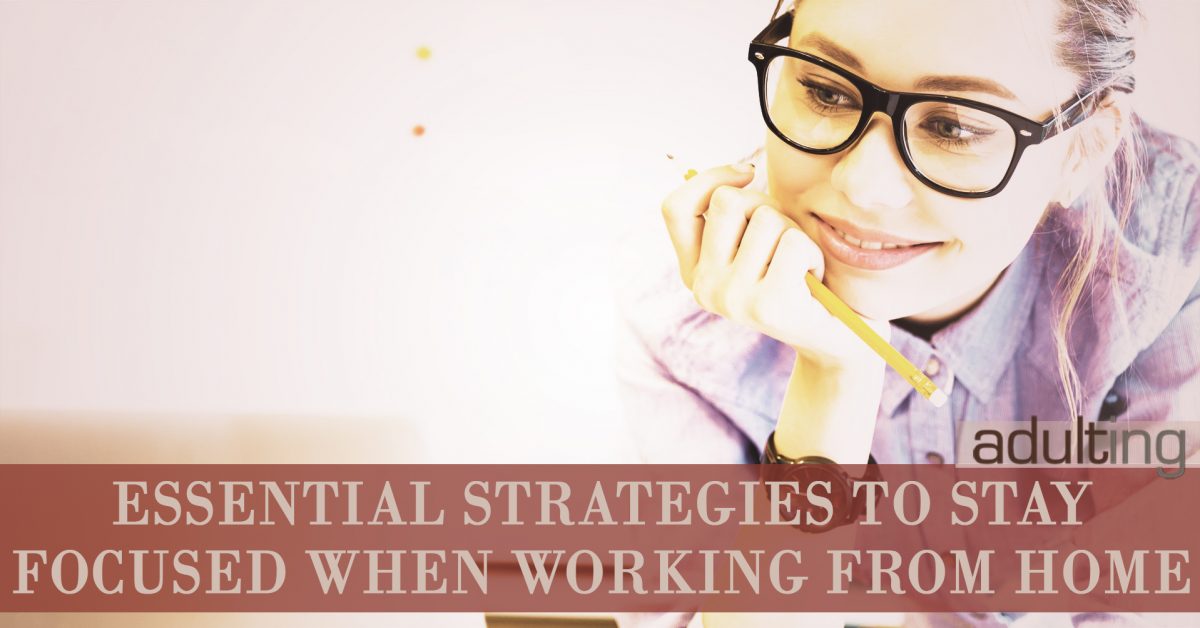I hear this all the time:
“I really want to start a side hustle, but I don’t have time.”
It’s true that some of us really don’t have time for side gigs. After all, we’re busy people. We have real jobs and families and a desire to, at some point, to live a little.
But you might be surprised at how much time you do have. Here are some strategies to use to make time for a side hustle:
Track your time use.
The first thing to do is track your time use.
When I feel like I am running out of time, I start tracking my time use. Usually, the problem is that I’ve let unimportant things creep into my life, or I get distracted.
Keep a diary of what you are doing, and how long you spend doing it. You might be surprised at the patterns that emerge.
According to the American Time Use Survey, adults spend close to three hours a day watching TV. I’m always surprised when I track my online activities and discover how much time I spend just surfing.
If you want to make time for a side hustle, start with how you’re using your time now to see where you might find a place to cut back on some of your unnecessary activities.
Schedule side hustle time.
So often, we don’t make time for a side hustle. Instead, we say we’ll do it when we have time. Just waiting to see if the time appears is a surefire strategy to ensure that you’ll never have time for a side hustle.
You’ll increase your chances of having time for a side gig if you actually schedule the time. Wake up a little earlier. Instead of watching TV for two hours in the evening, schedule an hour and a half to work on the side gig.
Think of where you can carve out time during the day to dedicate to your side hustle and schedule it into your day.
Use the weekend.
I know, I know. We all love our weekends. It’s a break from work. However, if you want to make time for a side hustle, you need to give something up.
You don’t have to use the whole weekend for your side hustle, but it can be a good time to get something done with your side gig.
When I have things I want to do, I try to work on them during Saturday morning. My son has his own extracurricular activity and it’s a perfect time for me to hit something hard while I don’t have other obligations.
Figure out what works best for you. Saturday morning? Sunday afternoon? Whatever. The weekend is the perfect time to … make time for a side hustle.
Schedule a workcation.
Consider your real job. Do you get time off for vacation? If you want to make time for a side hustle, you can kick it off with a workcation. Take a vacation with your day job, and use it to work on your side hustle.
When you don’t have to focus on your regular job, you have a little more time to work on a side gig.
Of course, you can’t be constantly taking time off to make time for your side hustle. However, you can get a lot of good value out of a bit of time off to really dig into the side hustle.
A workcation can also help when you aren’t taking time off your regular job. When my son sleeps over at a friend’s house, I sometimes book a room at a local hotel. That change of scene for one night and the next morning really helps me focus. There’s something about getting out of the routine that provides you with a chance to work on a side hustle.
It’s totally worth it to get a hotel room for one night if that helps you focus up.
Ask for help.
Do you have a support system? If so, ask for help. Sometimes, when I need a little more time to work on my projects, I get help from my parents, or from my sister, in taking my son for a couple hours while I really get down to it.
We help each other.
Look around to see if you have a support system that can help. You might even have a life partner who can help you out.
I know a couple who helps each other with these gigs. They saved up an emergency fund. Then, he kept working while she worked to make her side gig a full-time reality. After a while, she gained traction. However, she wouldn’t have had time for the side gig without the full buy-in of her partner. He helped make it possible for her first reduce her hours at work, and then quit altogether.
If you can get help from your support system, it’s a little easier to make time for a side hustle.
Bottom line.
We all have challenges. I know I don’t do as much as I would like in a lot of areas. However, part of that is because I don’t make time. Use one or all of these strategies, and you might be surprised to see that you have more time available than you thought.
Are you working on a side hustle? When do you work on it? What’s your best way to make it happen? Let us know in the #Adulting community on Facebook or leave a comment here.





![[A044] Start It Up: Make Your Entrepreneurial Dreams Come True](https://adulting.tv/wp-content/uploads/2016/11/a044-1200x628.jpg)





